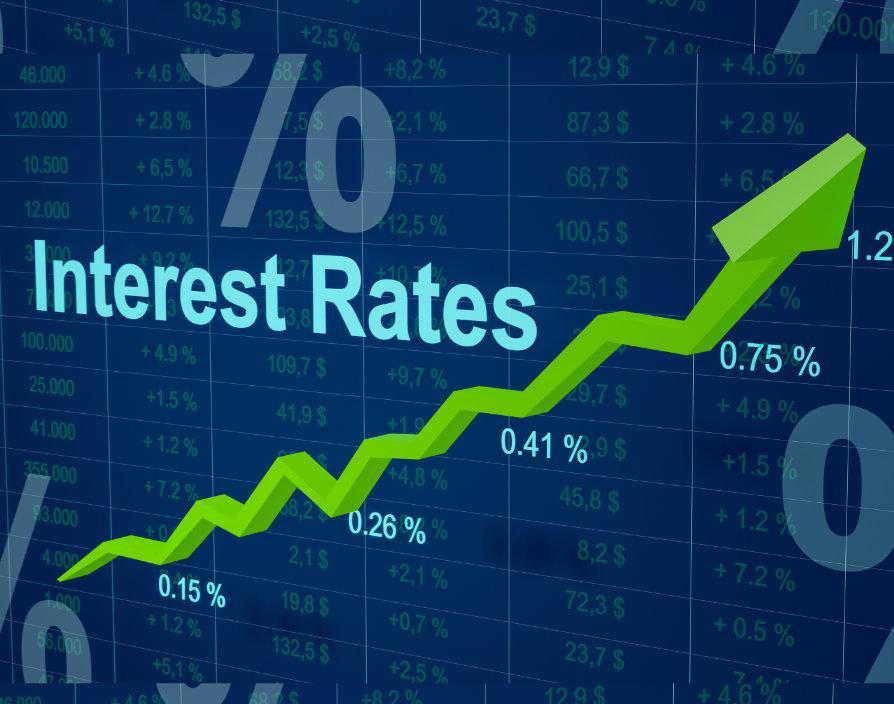FSB National Chair, Martin McTague, says the rate hike will cause small businesses to struggle to get the funds they need to grow
Businesses are counting on the interest rate rise to be the last hike, says Martin McTague, the National Chair for the Federation of Small Businesses (FSB). The Bank of England has raised interest rates by a quarter of a percentage to 4.25% in response to higher than expected UK inflation. This comes after the UK inflation rate jumped from 10.1% to 10.4% in January, the fastest rate it has risen in 45 years.
Interest rates have been rising steadily in an attempt to tackle rising prices of goods. But businesses are hoping this interest rate rise could be the last, McTague said. With inflation now predicted to fall fast than expected, there is no immediate recession expected. However, there are concerns about the fragility of small businesses. McTague said: “Small businesses are counting on today’s rise in the base rate to be the peak, as the Bank of England predicts a steeper than anticipated fall in inflation, even following the unexpected rise we saw earlier this week.
“Inflation is exacting huge tolls on small firms, who are even more exposed to spiralling input costs than large businesses, as they lack big corporates’ buying power and the ability to hedge prices. Continuing high inflation is undermining business confidence, and is an especially hard pill to swallow when small firms had been anticipating that it was beginning to be reined in.
“This latest increase in the base rate means more worries for small firms carrying debts with floating rates and will make it that bit harder for ambitious businesses to get the funds they need to grow, to pay for a new bit of kit, an extra shop, or a training programme.”
However, McTague believes the government should do more to help small businesses during this difficult time. He added: “We were disappointed that the recent Budget did not contain sufficient measures to set small firms back on a path to growth. The fuel duty freeze was good news, and extra support for childcare and measures to reduce economic activity were welcome, although the schemes announced will take some time to have an effect and are not as comprehensive as we would have liked. However, there was little for small businesses to cheer elsewhere, with investment incentives aimed squarely at large corporates, and only scraps for small, innovative firms.
The end of the Energy Bills Support Scheme means small businesses will get far less support for their energy bills – and are set to brace skyrocketing energy bills for those who fixed their energy prices last year.
McTague added: “The end of the Energy Bill Relief Scheme, to be replaced in April by the far less supportive Energy Bills Discount Scheme, is another point of high danger for thousands of small firms. Business customers who signed up to new contracts last year when wholesale prices were sky-high must be allowed by energy companies to take advantage of the fall since then in wholesale costs by blending today’s rates with their original contract rates under an extended contract, to reduce the risk of shrinkage or even closure.
“The Government needs to demonstrate that it is on the side of small businesses who are feeling stressed and under huge margin pressure. We can’t afford to lose huge swathes of small firms, who could under the right circumstances be the engine of growth we need to get us out of our current economic doldrums.”
Share via:








































